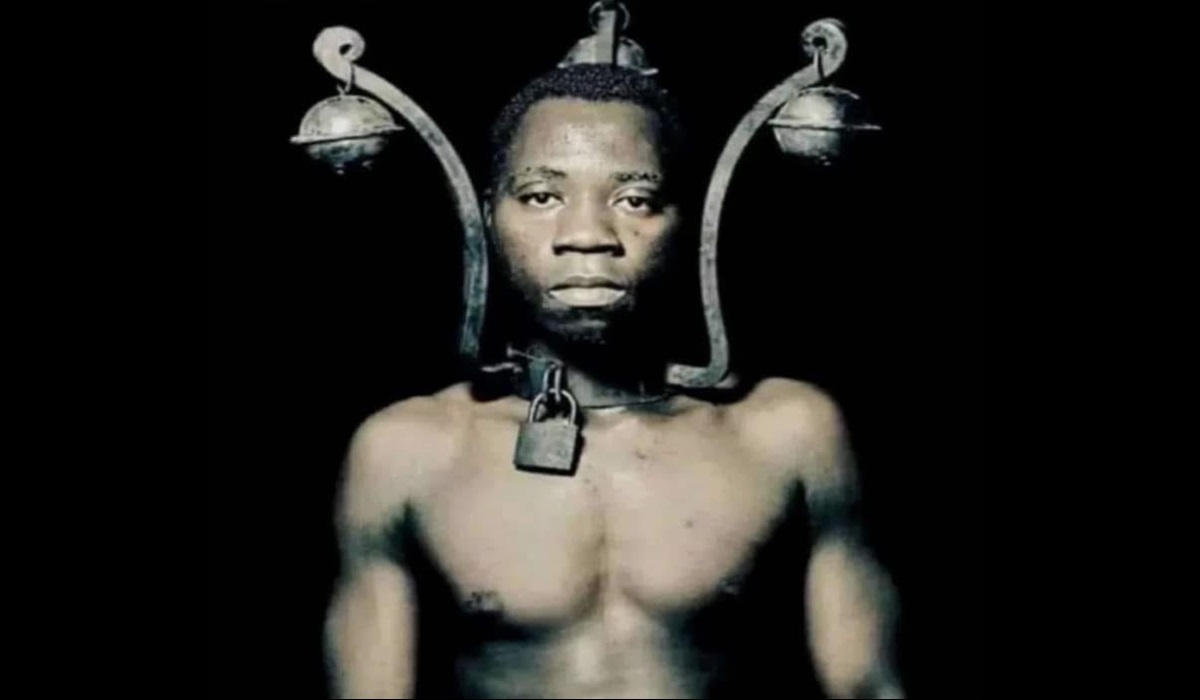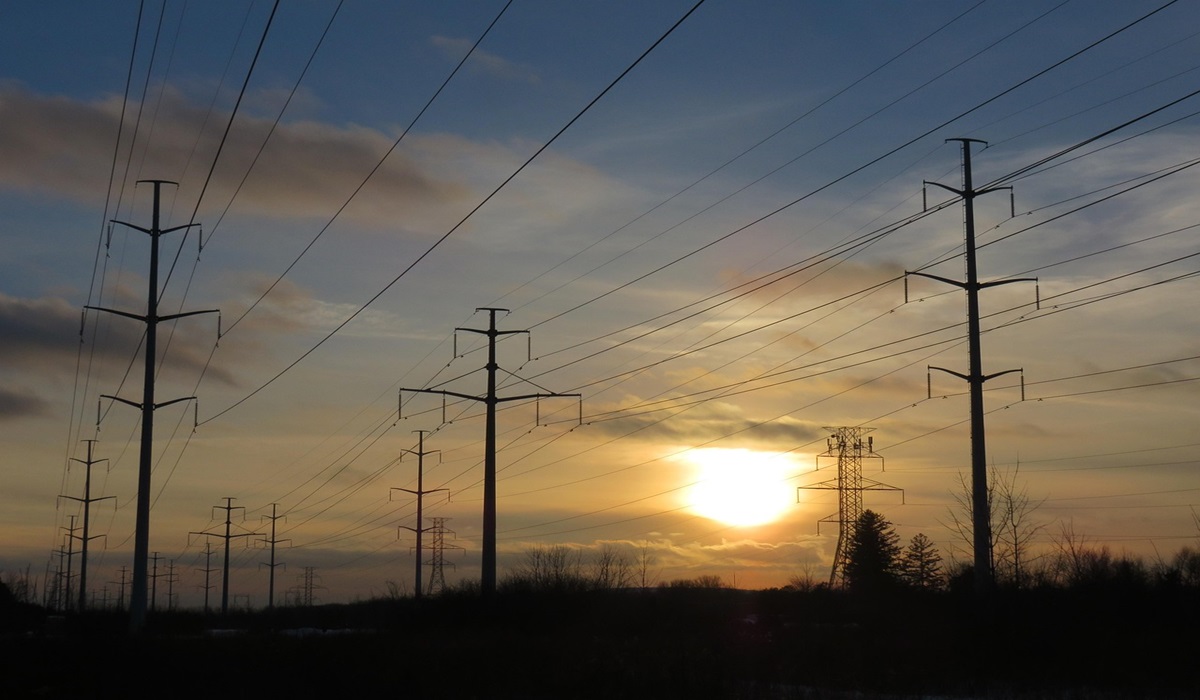Before you gather around your Christmas tree, singing along to your favorite Christmas carols, it’s important to understand the deeper history behind some of these beloved songs. One such carol is “Jingle Bells”. While many associate it with joyful holiday celebrations, the song has a much more complex and controversial origin that is rarely discussed.
The Origins of “Jingle Bells”
Written by James Lord Pierpont in 1857, “Jingle Bells” was initially titled “One Horse Open Sleigh”. It was originally composed as a winter song for Thanksgiving, not Christmas. The catchy melody and festive imagery of sleigh rides quickly made it popular, but the full history of its creation is often glossed over.
Racism and Cultural Context
The truth is that “Jingle Bells” was written in the context of a time when racist attitudes were rampant in American society. James Pierpont was part of a prominent family in the South, with connections to slaveholding and pro-slavery activities. He was also deeply involved in the cultural milieu that promoted minstrel shows, which often featured racist portrayals of African Americans. These performances were widely popular in the mid-19th century, and Pierpont himself had ties to them.
Beyond the connections to Pierpont’s life and career, there’s another darker aspect to “Jingle Bells” that many overlook: the song’s bell imagery could have deeper, more troubling roots. During the era of slavery, enslaved people were often forced to wear iron collars with bells on them. These were used by slave masters to track their movements and alert them if any slaves tried to escape. The bells would jingle as they moved, signaling to the authorities if they were attempting to flee.
The association of bells with the horrors of slavery adds an unsettling layer to the seemingly innocent imagery of “Jingle Bells.” The tune, with its joyous sound of jingling bells, becomes a stark reminder of the violence and control that marked the lives of enslaved people.
The Cultural Legacy of “Jingle Bells”
Today, “Jingle Bells” is often heard as a cheerful, innocent tune, but its roots are entwined with the racial tensions and cultural divisions of 19th-century America. While it may not have been written with overtly racist lyrics, its connections to the broader cultural climate of the time cannot be ignored.
As you sing along this holiday season, take a moment to reflect on the true history of the songs we sing and the context in which they were created. Acknowledge that many of the traditions we celebrate today come with complex histories, and by understanding these, we can create more inclusive, aware, and thoughtful celebrations for the future.
It’s important to remember that history is never just the sum of its most visible parts—it’s also the deeper, sometimes uncomfortable truths that we must face in order to move forward.









